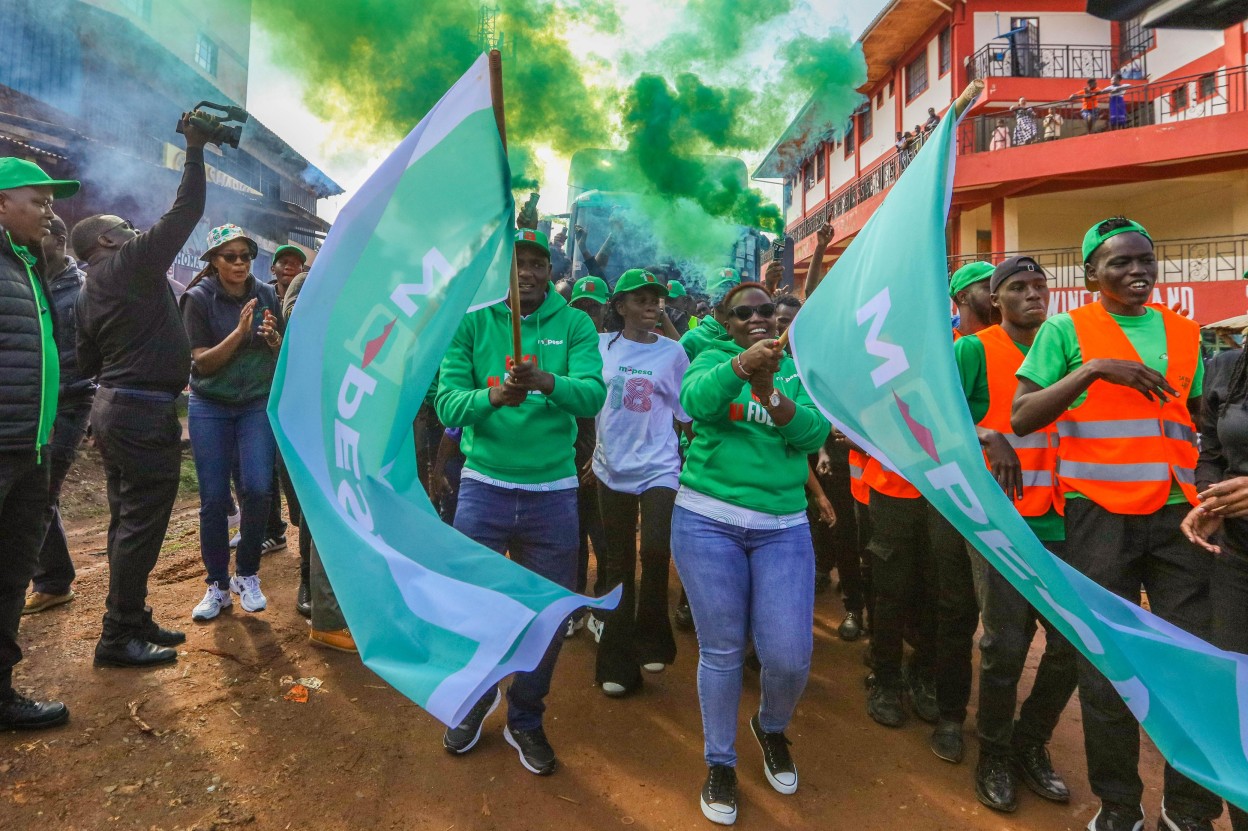President-elect William Ruto has moved to court to block to bar six Independent Electoral and Boundaries Commission (IEBC) commissioners from taking part in the presidential election petition at the Supreme Court challenging his victory.
Ruto in an application he wanted to be certified as urgent opines only the IEBC chairman Wafula Chebukati should take part in the hearings scheduled to begin on Wednesday.
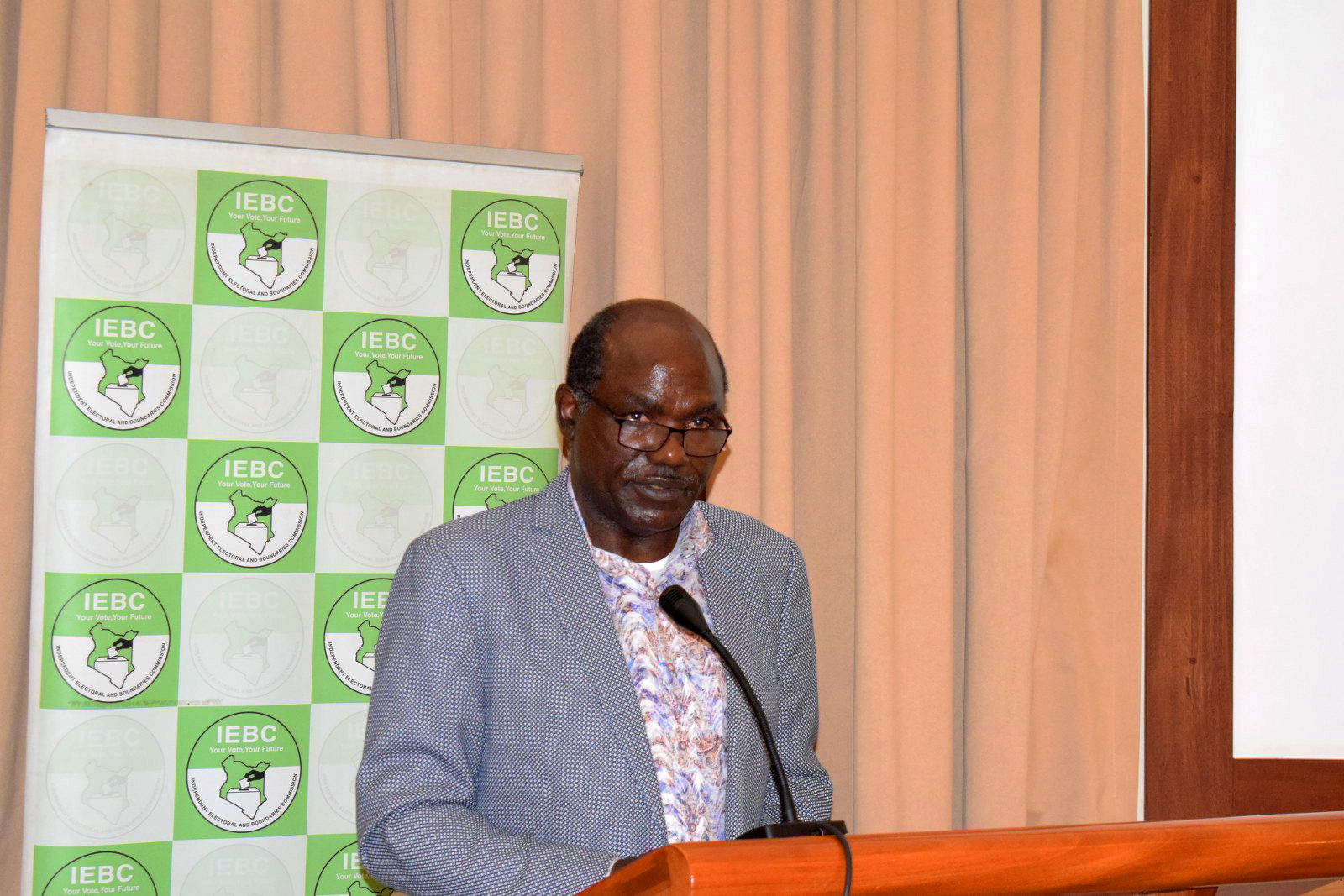
He argued the general election was held by IEBC and not the individual commissioners.
Read More
“The recent General Election was held by the Independent Electoral and Boundaries Commission (IEBC) and not the individual commissioners,” read the court papers.
Ruto wants the Supreme Court to remove Abdi Guliye, Boya Molu, Juliana Cherera, Justus Nyang’aya, Irene Masit and Francis Wanderi from the petition. He also wants any pleadings filed by the six to be expunged from the record.
According to Ruto, the commissioners were wrongfully sued by the Azimio la Umoja One Kenya coalition leader Raila Odinga and his running mate Martha Karua and their involvement in the petition opens doors to another set of petitioners.
Ruto, through his lawyer Kithure Kindiki said his right to a fair trial will be compromised if the commissioners are allowed to participate in the petition since some of the commissioners are not on good terms with their boss.
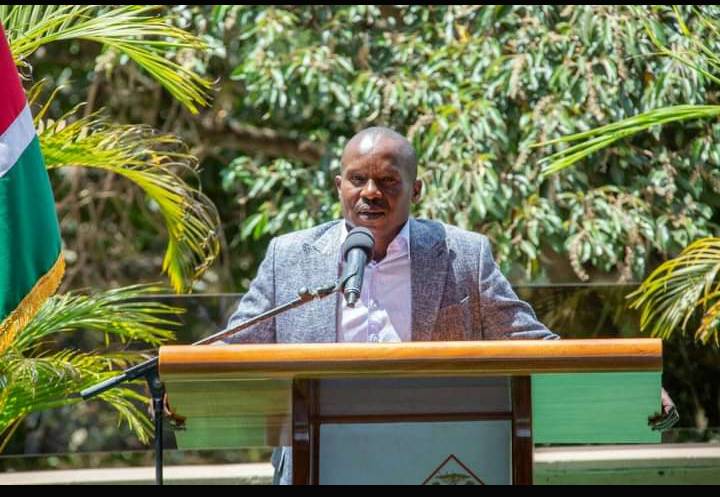
Kindiki said their opponents intend to use their responses to their advantage and their participation will deny Ruto an opportunity to respond to any claims they make which will infringe on his rights.
“They intend to use their response to advance accusations, new claims and innuendoes solely intended to prejudice Dr Ruto,” Kindiki said.
Kindiki cited Article 140 of the Constitution and claimed IEBC members cannot be respondents in the suit and that introduce a second tier of petitioners in court.
“In the true sense, Mr Molu, Prof Guliye, Ms Cherera, and Mr Nyang’aya are second tier petitioners so enjoined to enable the petitioners to have another set of petitioners albeit classified as respondents,” Kindiki argued.
The former Turkana Governor Josphat Nanok seconds the application by an affidavit he filed who also argues it is baffling why the petitioners sued the individual commissioners.
He also invoked Article 140 of the Constitution, saying grievances among commissioners should not be included in that kind of petition.
“Article 140 of the Constitution envisages a precise and concise issue that challenges the election of the President-elect and deputy president-elect. Complaints between commissioners should not be included in such a petition,” Nanok said.
Nanok further claimed he was aware the four commissioners who denounced the presidential election results were not happy with Ruto’s victory
"Indeed, these commissioners have publicly stated their opposition to Dr Ruto’s victory,” Nanok argued.
He also accused the four commissioners of being proxies of the petitioners particularly included in the petition to compromise Ruto’s defence.
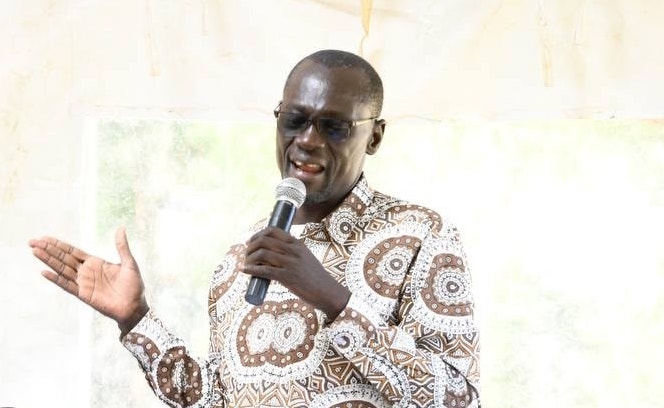
“Accordingly, the four commissioners are in true sense petitioners and proxies of the Petitioners ingeniously included to be part of the Respondents so as to compromise Dr Ruto’s defence,” the court papers read.
“Consequently, it is prudent that these unnecessary parties be struck out from this petition and any pleadings filed by them should be expunged from the record.”

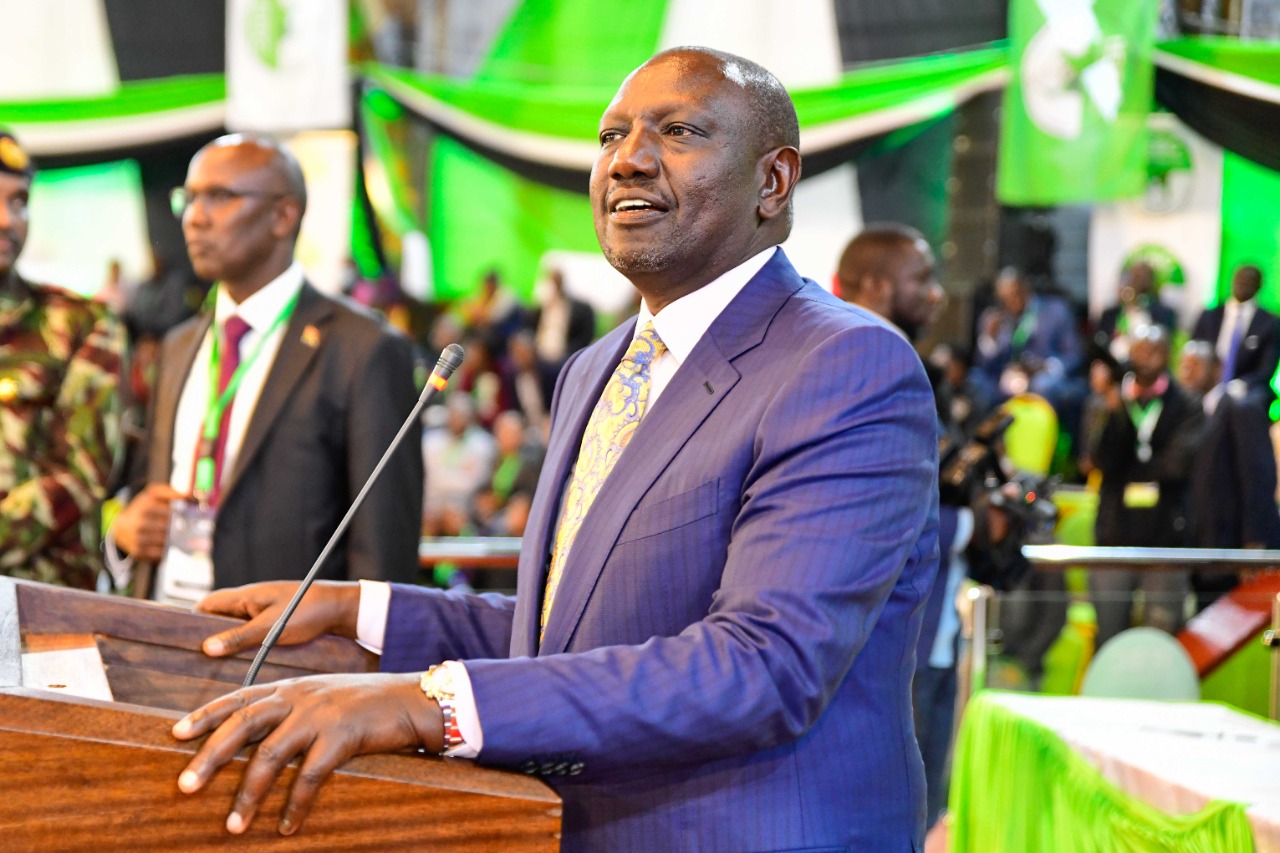

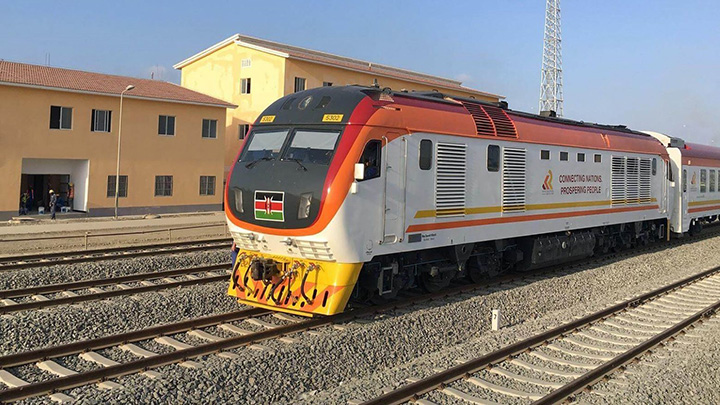

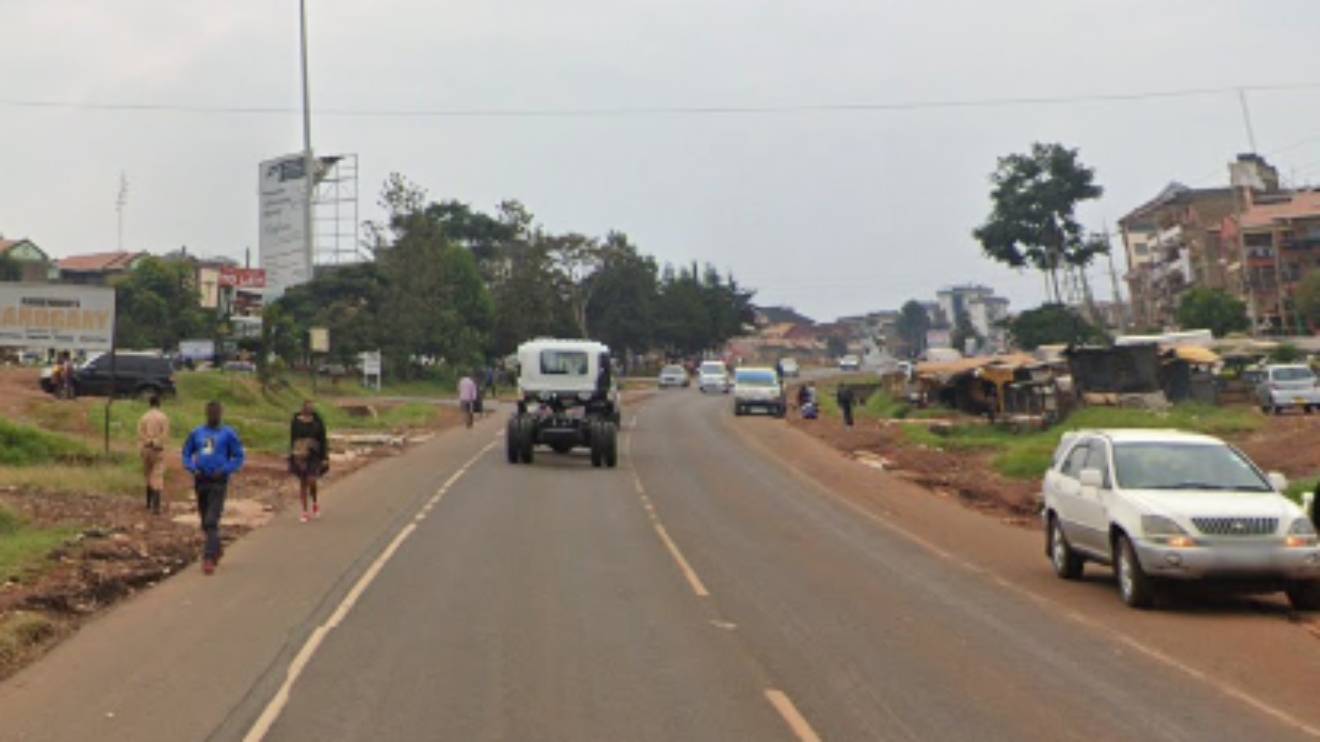
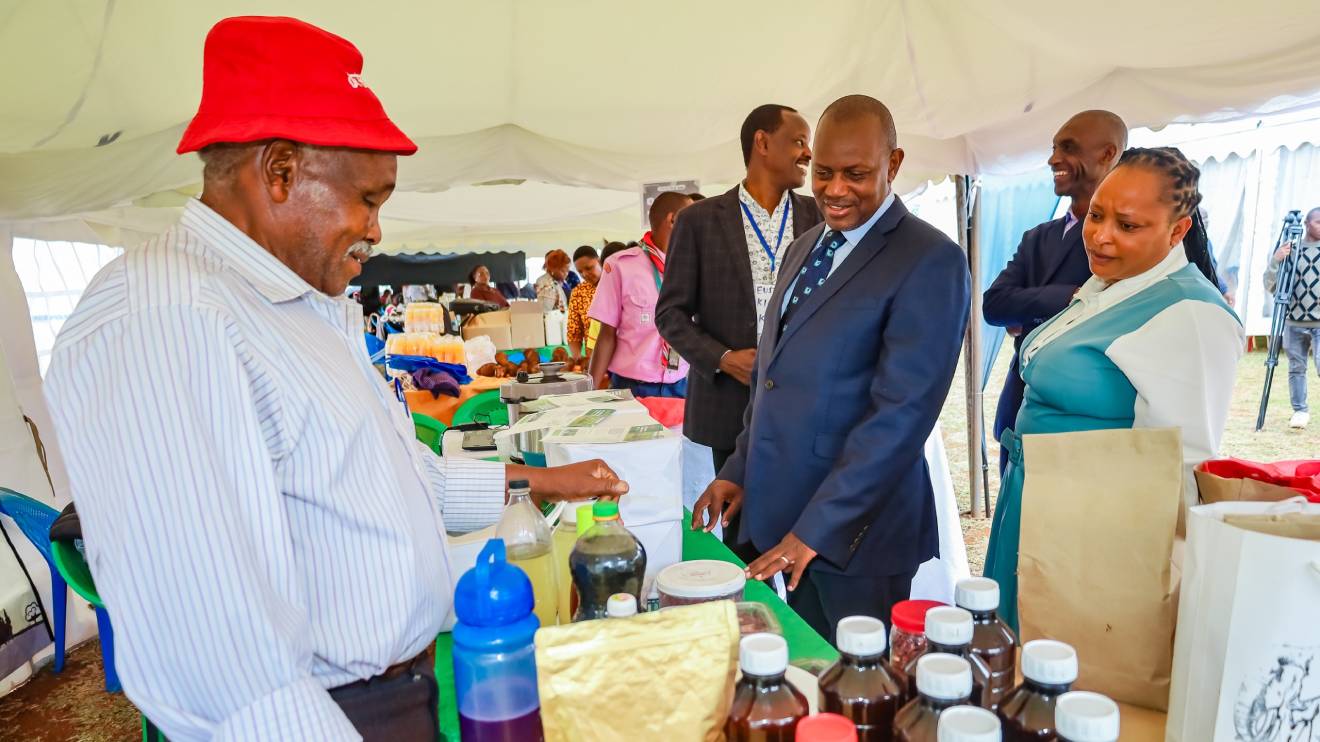

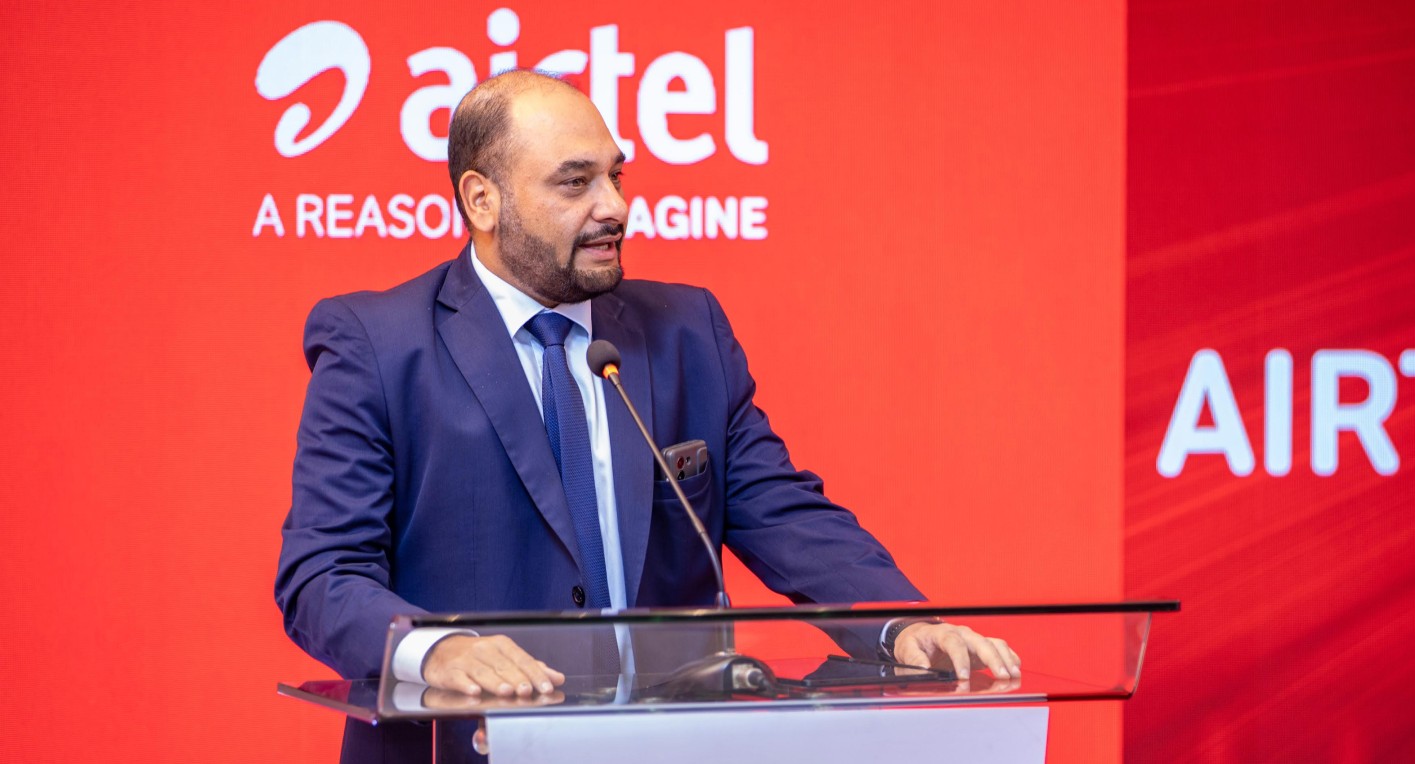
-1752586683.jpg)

 (1)-1752516757.jpg)
